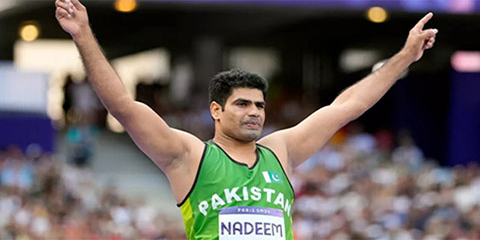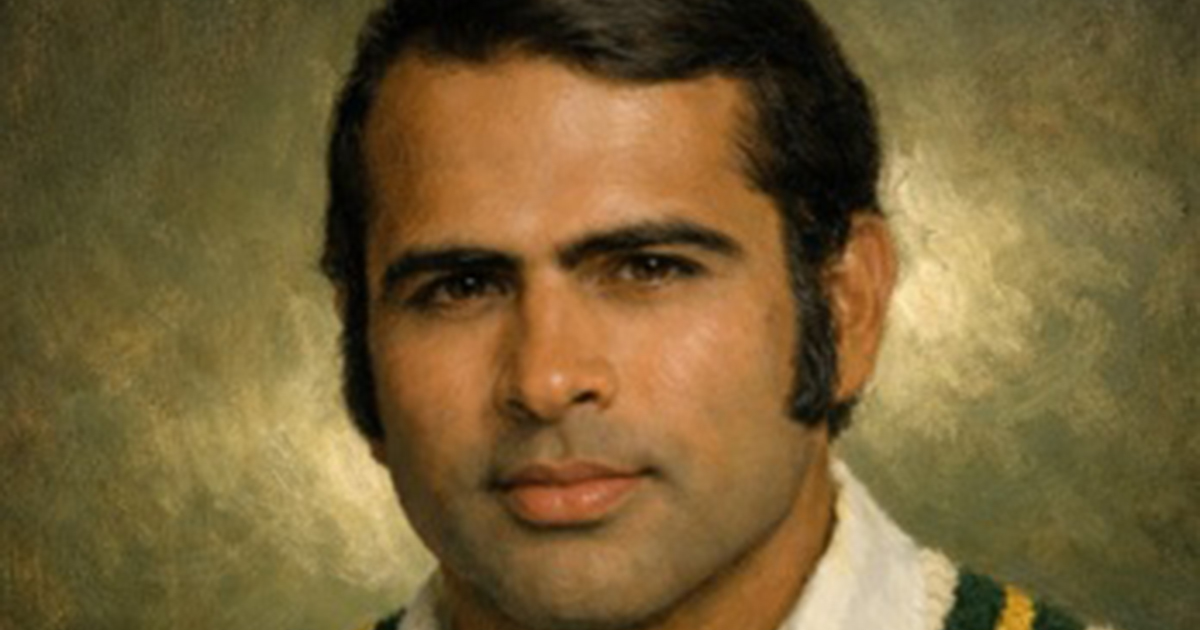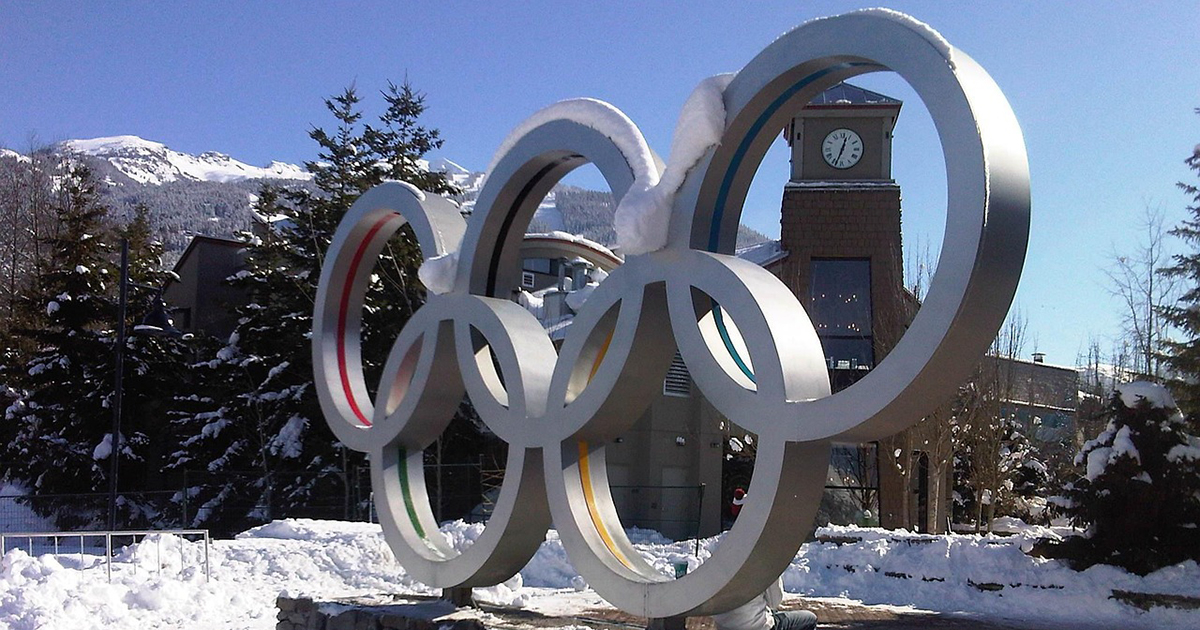Arshad Nadeem's victory has a thousand fathers, but dads please leave him alone!
JournalismPakistan.com | Published: 14 August 2024 | Imran Naeem Ahmad
Join our WhatsApp channel
Arshad Nadeem won Pakistan's first individual Olympic gold medal, ending a long drought in sports success. Despite his achievements, he faced lack of support from government during his training.Summary
ISLAMABAD—When Arshad Nadeem hurled his javelin to an astounding distance of 92.97 meters in the Olympic final, he didn't just secure Pakistan's first-ever individual Olympic gold medal—he ended a 32-year drought for the nation on the world's most prestigious sporting stage. But as the dust settles on his historic achievement, an age-old adage rings truer than ever: victory has a thousand fathers.
Since his return home, Arshad Nadeem has been greeted with a hero's welcome and showered with cash awards from the governments of Punjab, Sindh, and the federal authorities. The Punjab chief minister also handed him a car, while ARY Digital Network gifted him a luxury apartment. But as every Tom, Dick, and Harry rushes to bask in the glow of his triumph, the glaring truth is hard to ignore—these very institutions and individuals failed to support him when he needed it most.
A few months ago, Arshad Nadeem was a star without the proper tools of his trade. He was appealing for an international-standard javelin, something essential for his training and performance, yet his pleas fell on deaf ears. The same officials who now shower him with gifts were nowhere to be found. His journey to Olympic gold was paved not by government support but by his relentless hard work, his parents' prayers, and his nation's unwavering faith.
Journalist Abid Malik captured this sentiment perfectly in a social media post: "A humble request to the government and ministers: Please leave Arshad Nadeem alone now. Stop using his name for political gain. He has reached this position through his hard work, the prayers of his parents and nation, and by the grace of Allah."
Reports suggest that as soon as Arshad Nadeem landed, he was pressured to praise the government and the prime minister's vision for sports. Yet, those familiar with his struggle know that the government did next to nothing for him during his journey. The irony of the situation is not lost on the public, with many vloggers harshly criticizing the government for attempting to claim credit for his success after offering no tangible support during his most challenging times.
The government's belated enthusiasm raises serious questions about its commitment to nurturing talent in Pakistan. Despite the lack of institutional support, Arshad Nadeem's success should be a wake-up call. It's a powerful reminder that Pakistan has immense untapped potential that can only be realized if there's genuine, sustained investment in our athletes, not just post-victory photo ops.
As the nation celebrates Arshad Nadeem's remarkable achievement, let this moment serve as a reminder of the real story behind the headlines. Victory may have a thousand fathers, but the true credit belongs to those who were there from the start—Arshad Nadeem, his family, his coaches, and the silent, often invisible, force of a nation's hopes and prayers.
KEY POINTS:
- Arshad Nadeem achieved 92.97 meters in javelin throw at the Olympics.
- He received major awards upon returning home, including cash and a car.
- Government officials are criticized for claiming credit post-victory.
- Nadeem's success relied on his hard work and family support.
- Calls are made for genuine investment in athlete development.

























